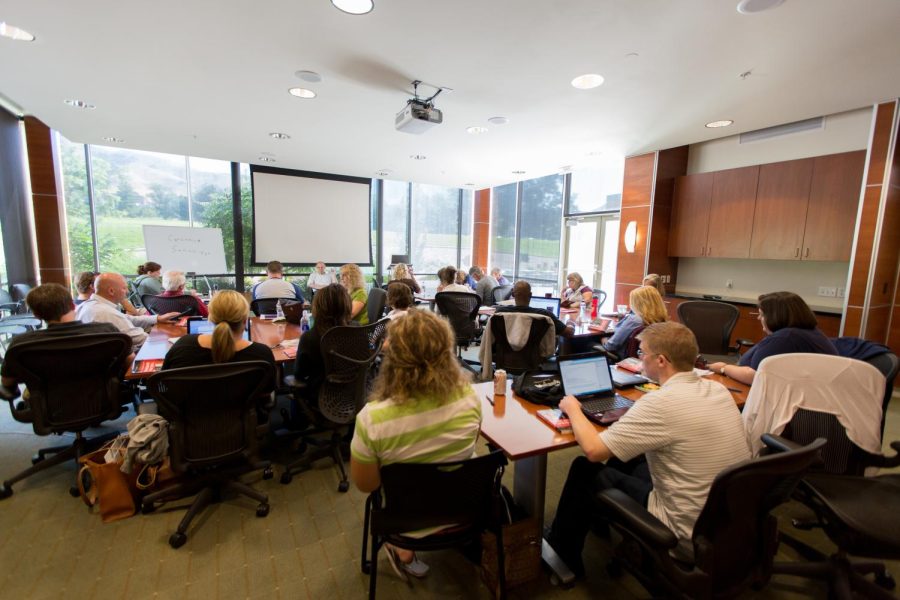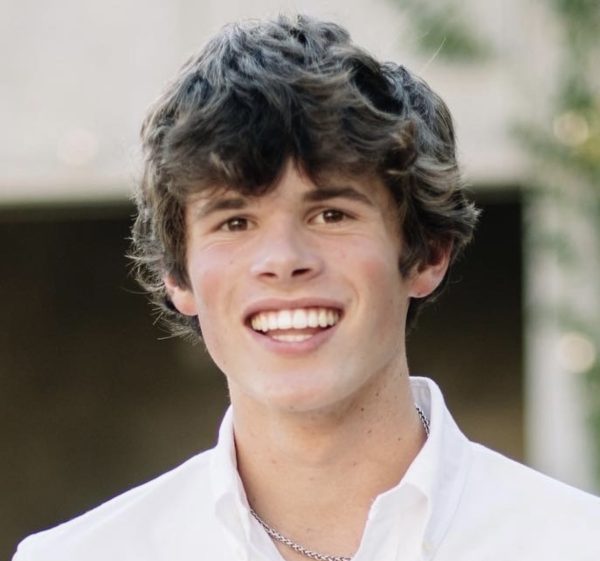The Middle East Center at the University of Utah is undergoing a significant revitalization. The center has faced several challenges in the past decade, including faculty retirements and a reduction in funding. But now, under the directorship of Chris Low, the center has added several new hires and expanded their programming. They intend to restore the center to national prominence by 2030, Low told The Daily Utah Chronicle.
“We’ve had a few blow-ups in the sort of 2010-ish period,” Low said. “This has been a concerted effort in the last couple of years to rebuild and revamp the Middle East Center to bring it back to national prominence.”
Low cited that this “blow-up” was due to a mismanagement of funding and several professors retiring.
Expanding Faculty
Established in the 1960s, the Middle East Center has a storied history at the University of Utah. Its establishment came off the back of the 1964 Civil Rights Act and the Title IV clause, and stands as one of the first National Resource Centers (NRC) flagship programs.
The Middle East Center exists with two other centers within the College of Humanities: the Asia Center and Center for Latin American Studies. Each of these centers offer a curriculum in both a major and a minor for students. However, neither have housed faculty.
As part of the center’s revitalization, they’ve hired three new tenure-track faculty members and one postdoctoral fellow in Arabic studies.
Low highlighted the expertise of these new hires and their range of language proficiencies. They include Arabic, Persian, Hebrew and Ottoman Turkish. The new hires also have research backgrounds from institutions like Princeton, UCLA and the University of Pennsylvania.
“We feel like we’ve loaded up on talent, and what we’re going to see in the next couple of years is increased national and international prominence and productivity,” Low said.
Looking Ahead
The center has established a five-year plan to facilitate its revitalization. Part of the plan includes a goal to compete for NRC funding by 2030. This would enhance the center’s ability to offer a broader range of languages and further develop its programming. Currently, the center offers programs for Arabic and Persian, but they hope to add Hebrew and Turkish programs, too.
The center also plays a crucial role in fostering scholarly discussions on campus, particularly around complex Middle Eastern issues. In light of recent protests and political tensions at the U and on other college campuses, Low emphasized the importance of providing a “sober, scholarly environment” for students to explore these issues.
“Our value is in being able to expose people to those concerns and fault lines and do it in an intellectually honest and graceful way,” Low said. “We’re trying to provide the appropriate, scholarly take on what’s happening, not a heated take that comes from an ethnic, religious or political point of view.”
Looking ahead, the Center plans to host a series of events addressing both current and historical issues in the Middle East. This includes a discussion on the relationship between Iran and Israel, as well as lectures on the Mongols, Iraq and the environmental history of the Middle East.
Low expressed optimism about the Center’s future, noting that the investments made in recent years are already beginning to show results in terms of student engagement and national recognition.
“We’re just kind of getting started and building momentum,” Low said.



